Youth athletes have unique nutritional requirements, as their bodies are still developing and growing. Proper nutrition is essential for these athletes to perform at their best and achieve their full potential. An optimal eating program for youth athletes should focus on providing the right balance of nutrients to support growth, development, and athletic performance.
Here are some key components of an optimal eating program for youth athletes:
Balance Your Macronutrients
Macronutrients are the nutrients that provide energy to the body, including carbohydrates, proteins, and fats. For youth athletes, it is important to consume an appropriate balance of these macronutrients. Carbohydrates provide energy for the body and are essential for athletic performance. Proteins are important for building and repairing muscles, while fats provide energy and help absorb vitamins and minerals. A balanced diet that includes a variety of whole foods, such as lean protein sources, complex carbohydrates, and healthy fats, can help ensure that youth athletes are getting the right balance of macronutrients.
Consume Adequate Calories on a Daily Basis
Youth athletes require more calories than their sedentary peers to support their increased energy needs. Caloric requirements vary depending on factors such as age, gender, body composition, and activity level. Generally, active youth athletes should aim to consume enough calories to meet their energy needs, without consuming excess calories that can lead to weight gain. It is important to work with a registered dietitian or a sports nutritionist to determine an appropriate calorie intake for each athlete.
Prioritize Hydration over Carbonated Drinks
Proper hydration is essential for optimal athletic performance. Dehydration can lead to fatigue, decreased endurance, and impaired cognitive function. Youth athletes should aim to consume adequate fluids before, during, and after exercise to prevent dehydration. Water is the best choice for hydration, but sports drinks can be beneficial during prolonged exercise as they provide carbohydrates and electrolytes.
Timing of Meals Throughout the Day
When and what youth athletes eat before, during, and after exercise can impact their performance and recovery. Consuming a meal or snack that is high in carbohydrates before exercise can provide energy for the body. Eating protein and carbohydrates after exercise can help with muscle recovery and growth. Youth athletes should aim to eat a balanced meal or snack two to three hours before exercise, and consume a smaller snack 30 minutes to an hour before exercise. After exercise, athletes should aim to consume a snack or meal within 30 minutes to promote muscle recovery and growth.
Avoid Processed Foods and Sugary Drinks
Processed foods and sugary drinks should be limited in the diet of youth athletes. These foods are often high in calories, added sugars, and unhealthy fats, which can lead to weight gain and negatively impact athletic performance. Instead, youth athletes should focus on consuming whole foods that are nutrient-dense and provide the body with the nutrients it needs to perform at its best.
In conclusion, an optimal eating program for youth athletes should focus on providing the right balance of macronutrients, consuming adequate calories, prioritizing hydration, timing of meals, and avoiding processed foods and sugary drinks. It is important to work with a registered dietitian or sports nutritionist to develop an individualized eating plan that meets the unique nutritional needs of each youth athlete. With the right nutrition, youth athletes can achieve their full potential both on and off the field.


